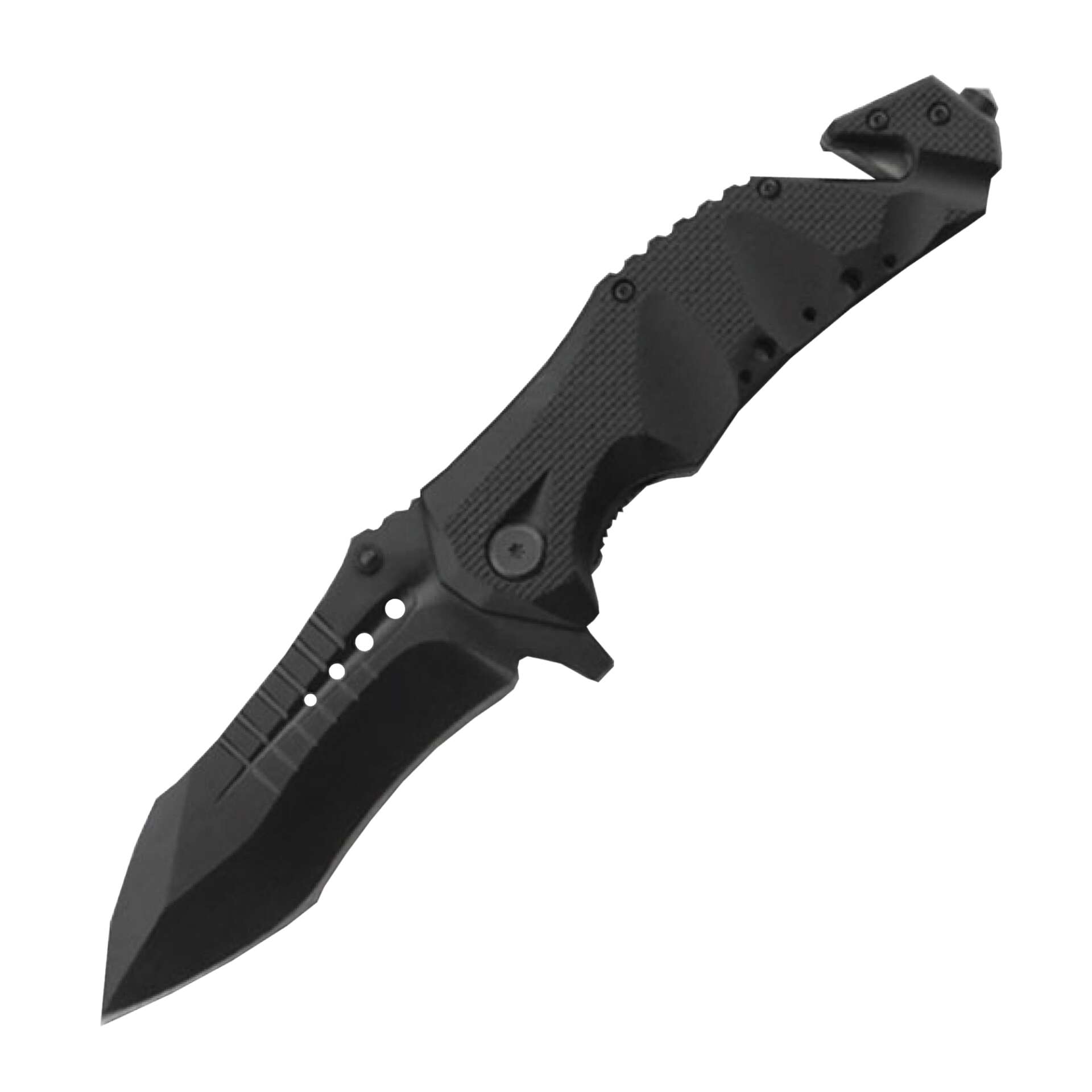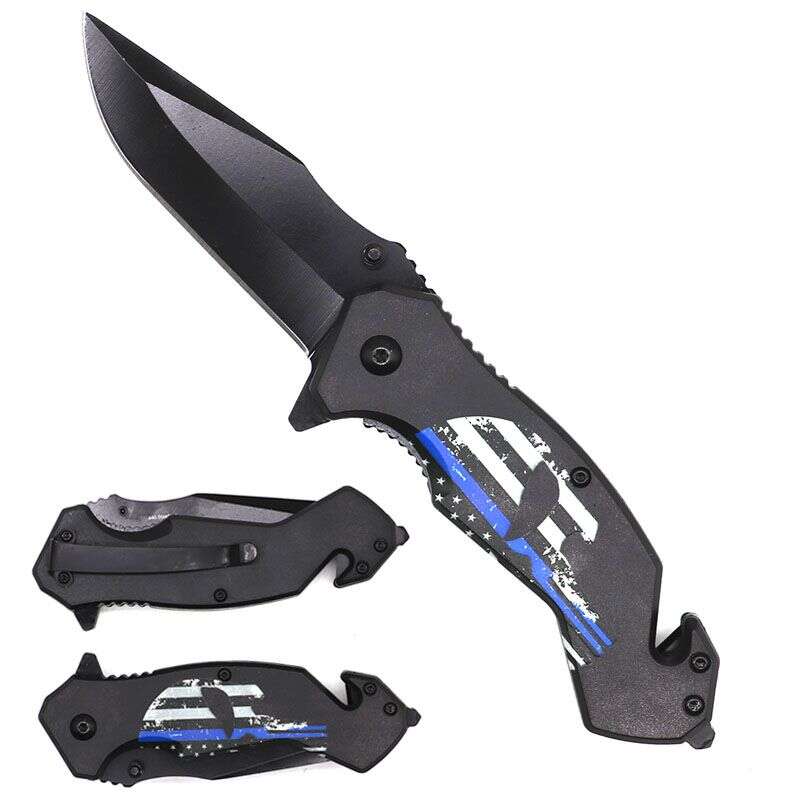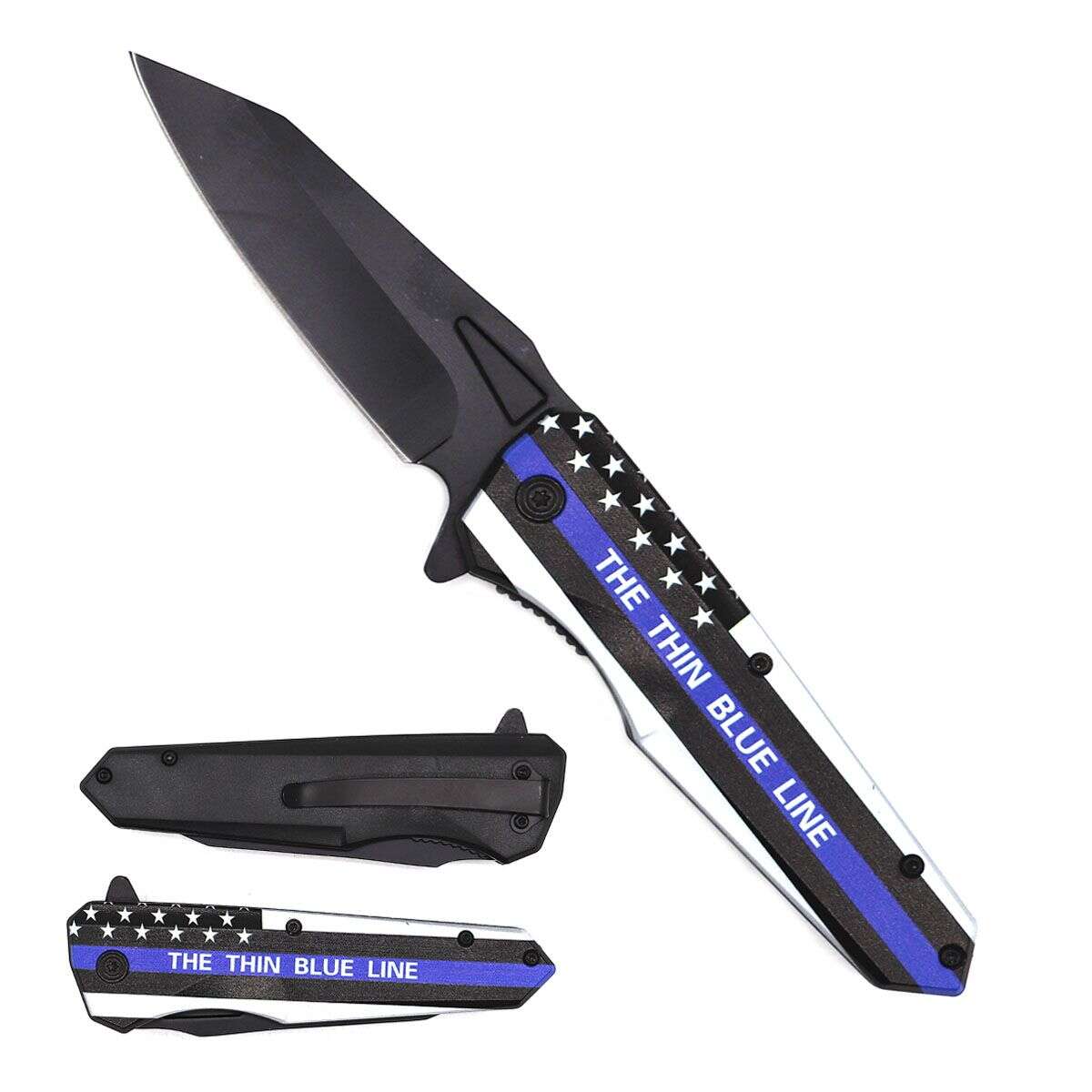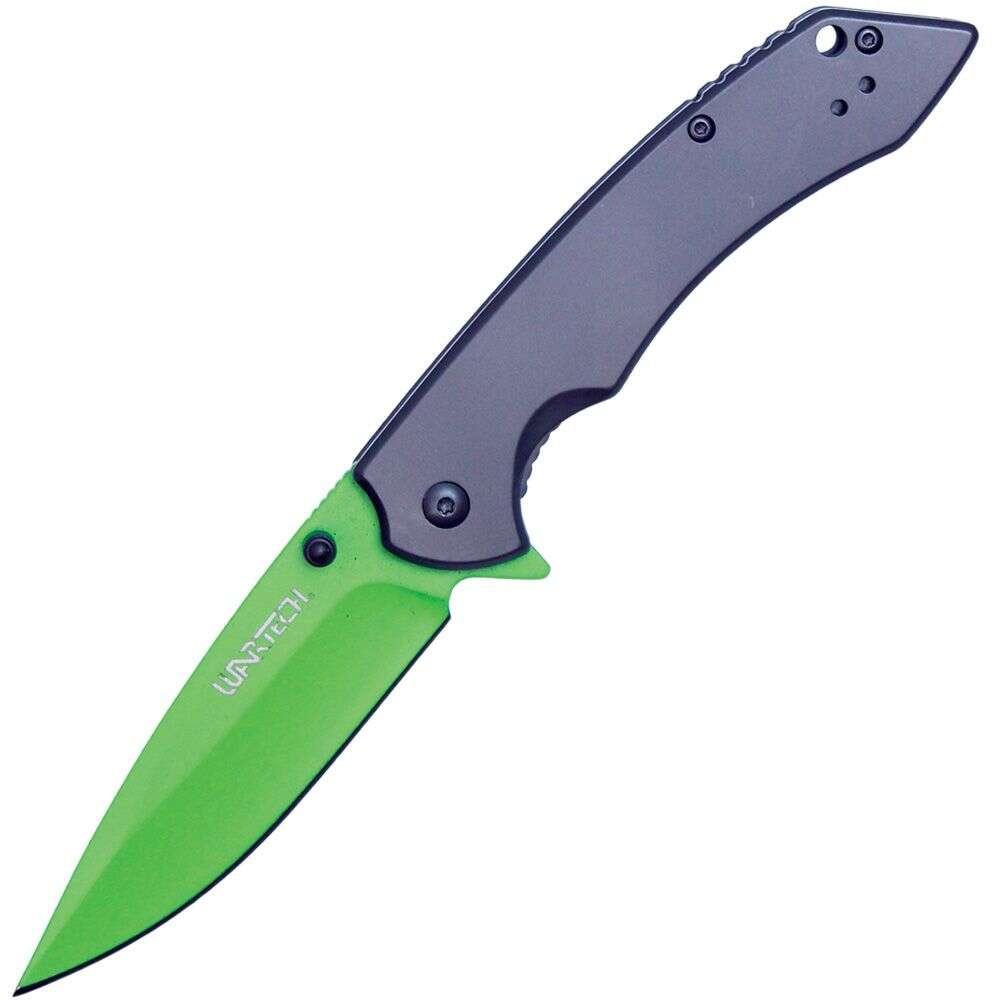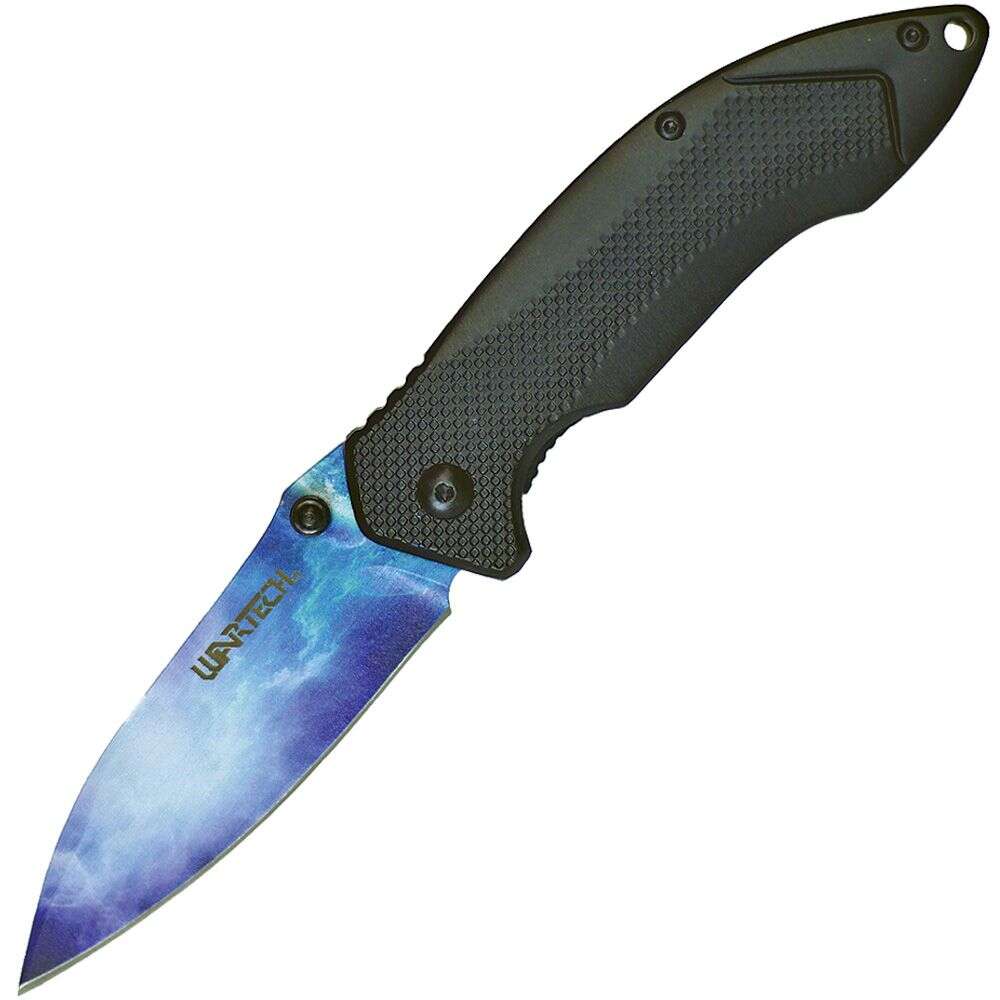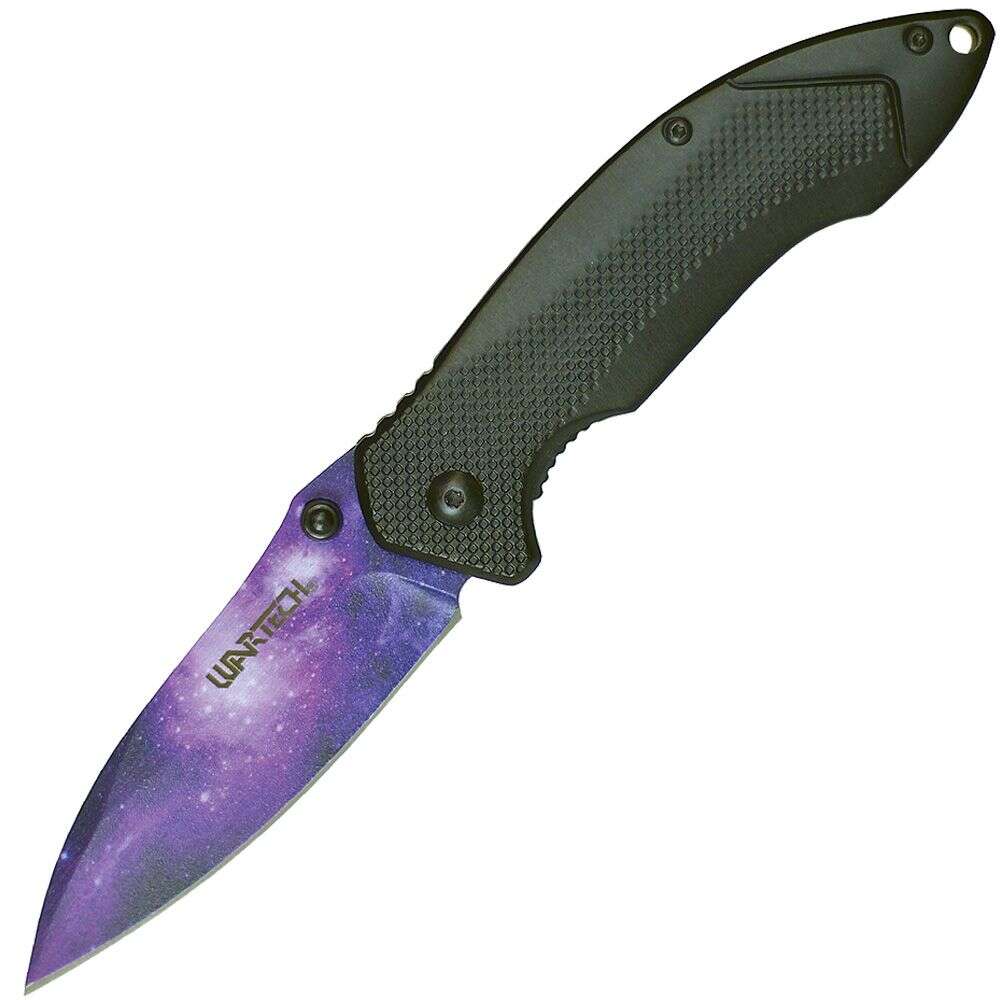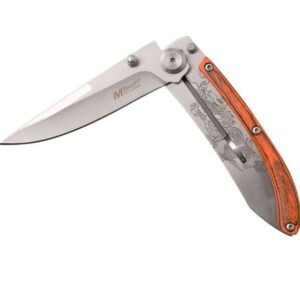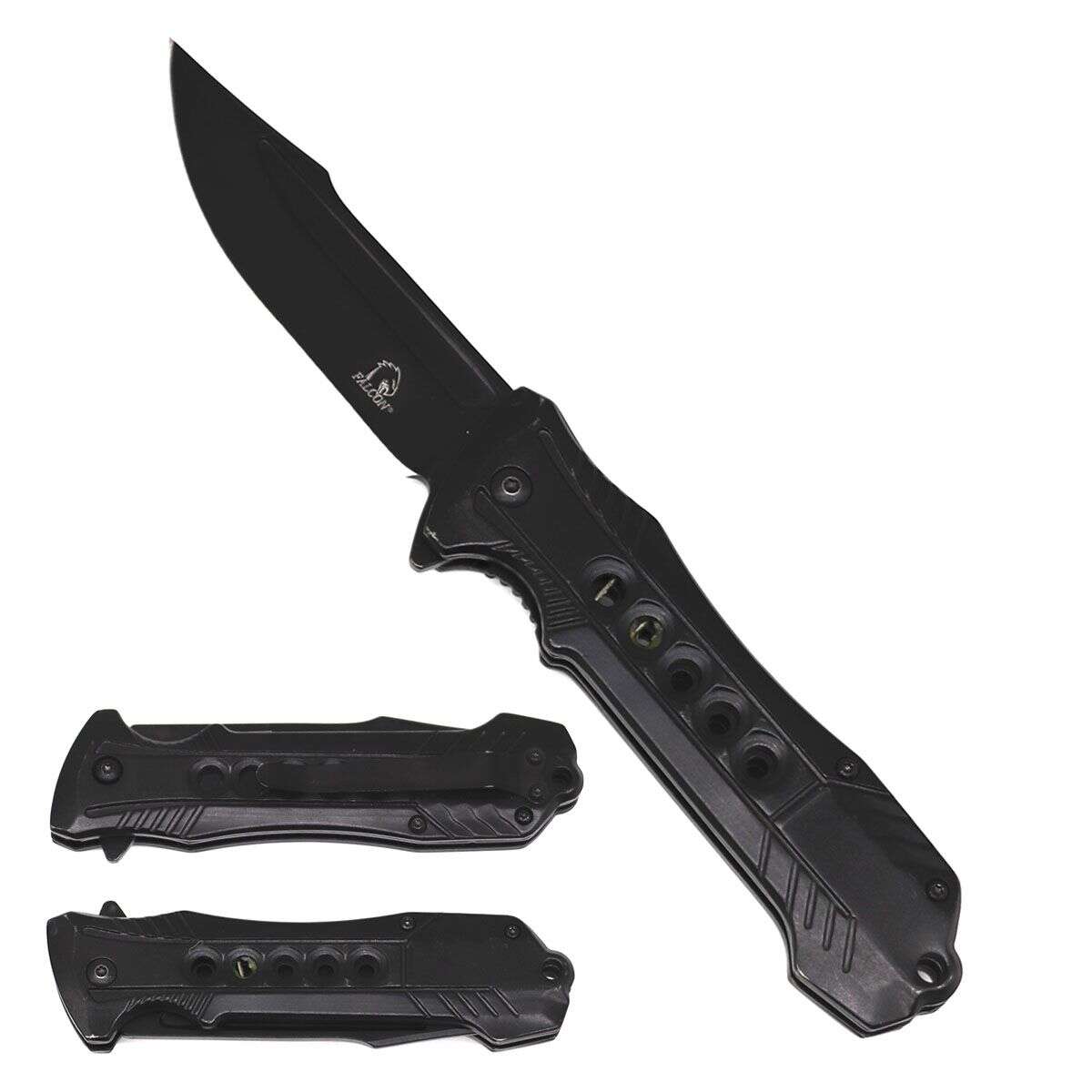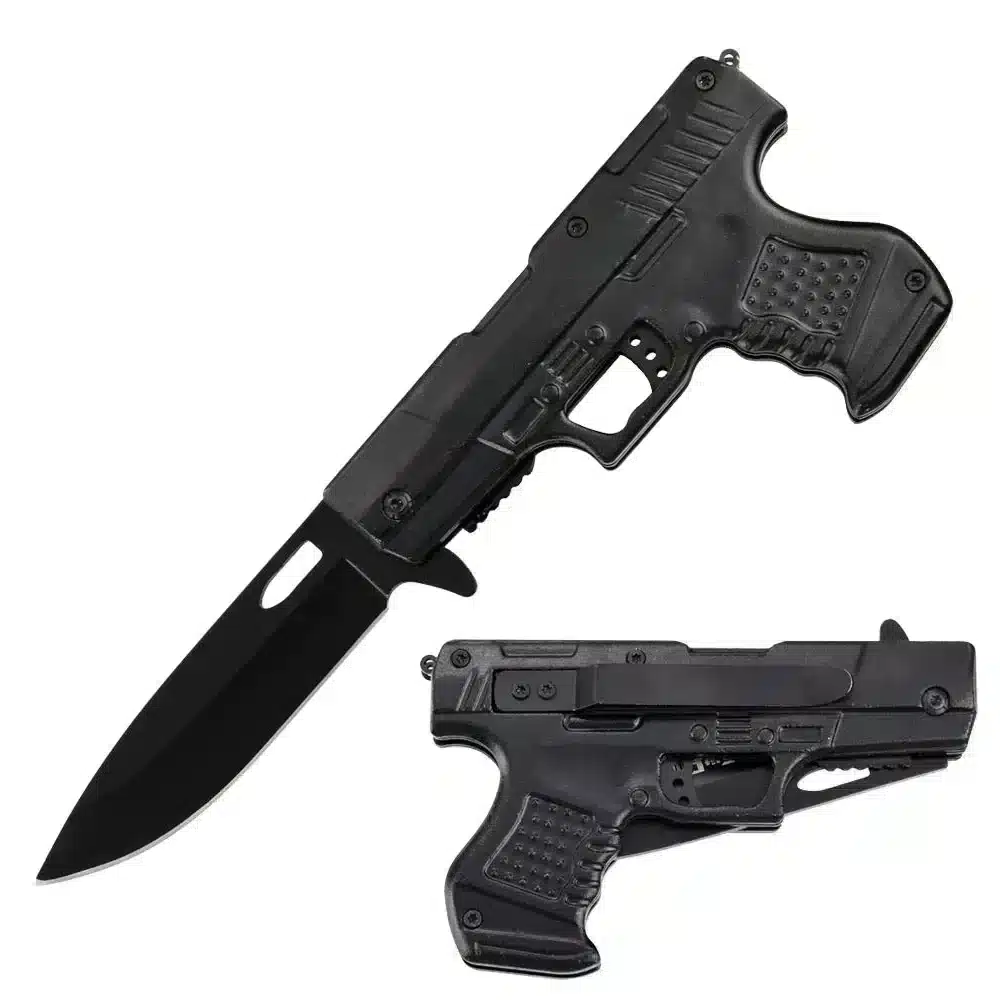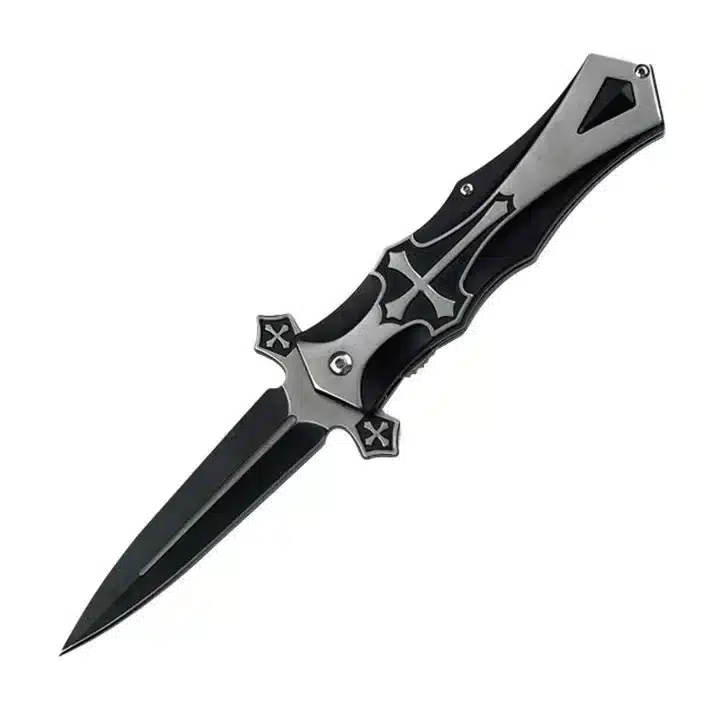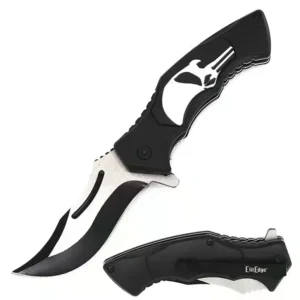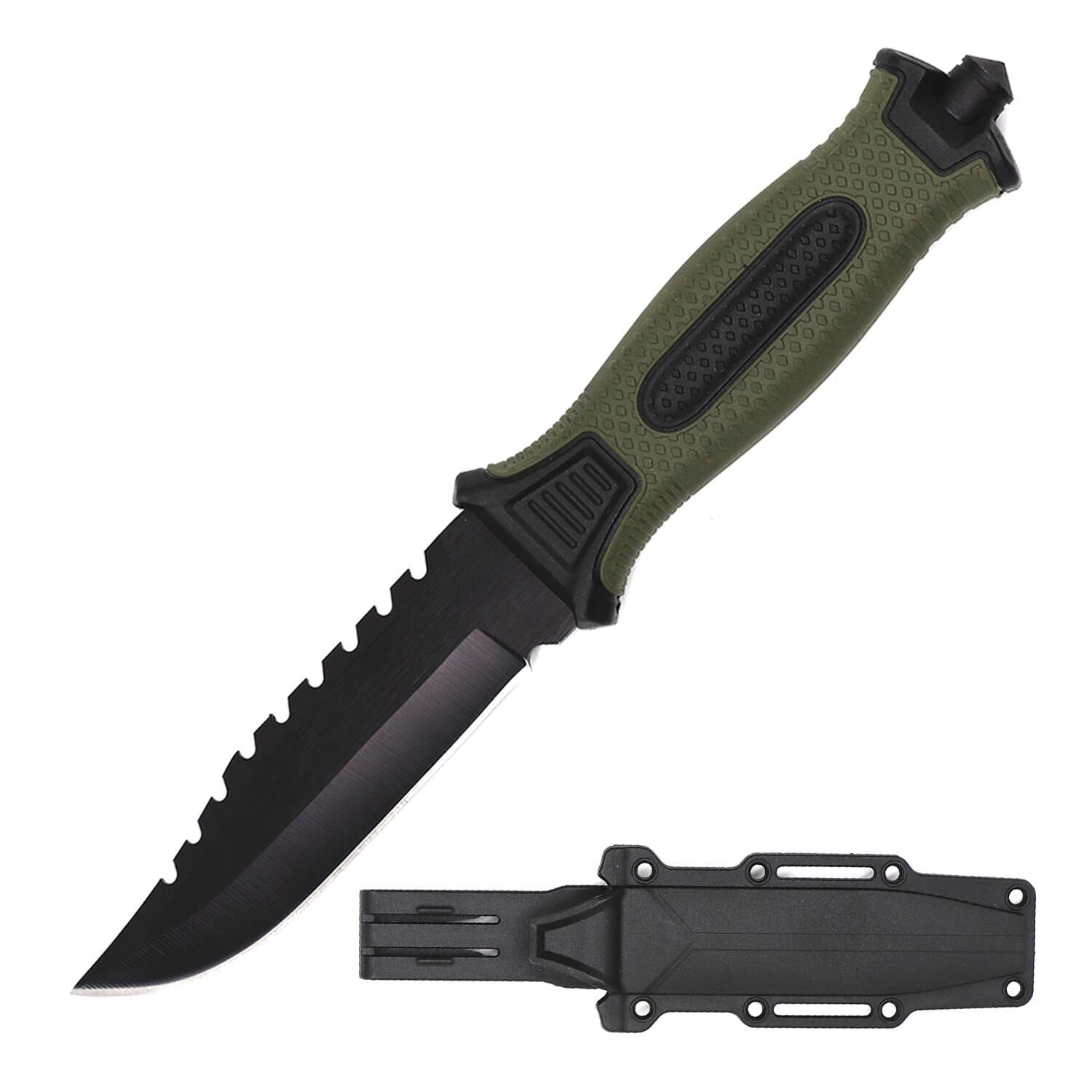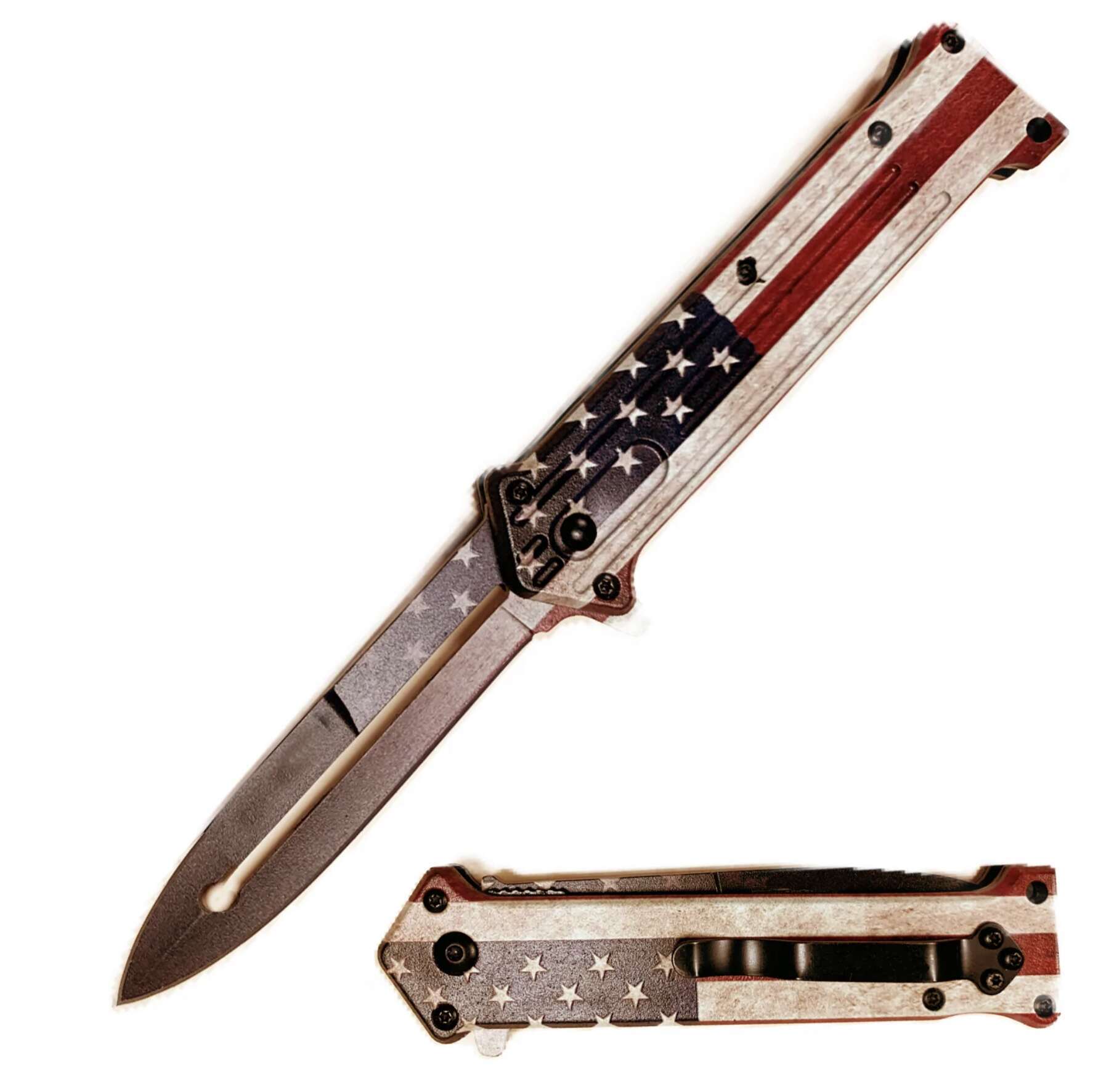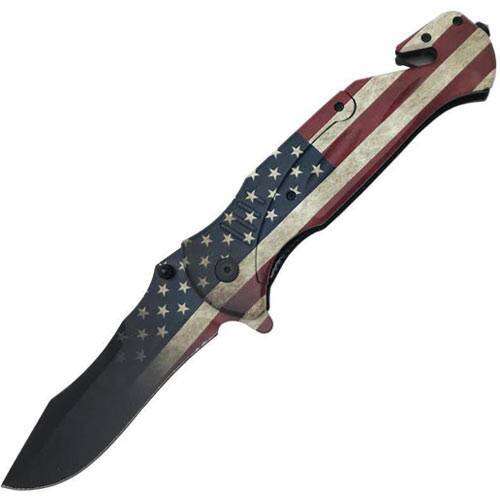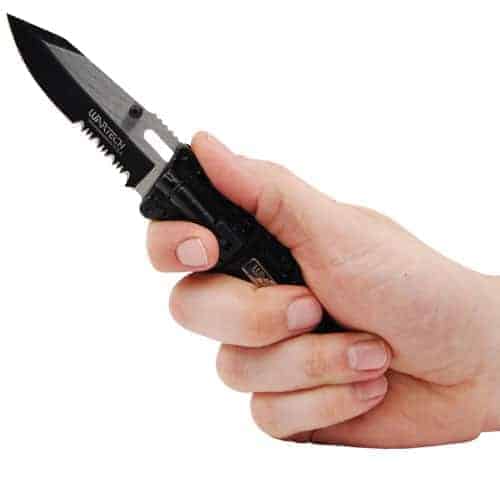Folding Knives: Everything You Need to Know
If you’re in the market for a versatile and compact cutting tool, folding knives may be the perfect choice for you. These handy tools are popular among outdoors enthusiasts, everyday carry enthusiasts, and those who work in various trades. In this article, we will dive deep into the world of folding knives, exploring their features, uses, and what to consider when purchasing one.
Introduction to Folding Knives
Folding knives are pocket-sized cutting tools that can be folded or collapsed for easy and safe storage. They come in a variety of sizes, shapes, and designs, making them useful for a wide range of applications. Folding knives have two main parts: the blade and the handle. The blade is typically made of steel or other high-quality materials and is attached to the handle with a pivot point that allows it to fold or retract when not in use.
Types of Folding Knives
There are three main types of folding knives: traditional pocket knives, tactical knives, and multi-tools.
Traditional Pocket Knives
Traditional pocket knives have been around for centuries and are often used for daily tasks like opening boxes, cutting rope, or whittling. They typically have one or two blades, and some models may also have other tools like bottle openers, can openers, or scissors.
Tactical Knives
Tactical knives are designed for military, law enforcement, and emergency personnel. They often have features like serrated edges, tanto-style points, and ergonomic handles for a secure grip. Tactical knives are built for durability and reliability in high-stress situations.
Multi-Tools
Multi-tools combine several tools into one compact device. They often have pliers, screwdrivers, and other features in addition to a folding knife blade. Multi-tools are a popular choice for people who need to perform multiple tasks on the go.
Blade Materials
Folding knife blades can be made from a variety of materials, including steel, titanium, and ceramic. Steel is the most common material and offers a balance of sharpness, durability, and ease of sharpening. Titanium is stronger and lighter than steel, but it can be more expensive. Ceramic blades are extremely sharp and lightweight, but they can be brittle and prone to breaking.
Blade Shapes and Edge Types
Folding knife blades come in a variety of shapes and edge types, each with its own unique advantages. Common blade shapes include drop point, tanto, and clip point, while edge types can be straight, serrated, or a combination of both.
Locking Mechanisms
Folding knives use different locking mechanisms to keep the blade in place when it’s open. Some of the most common locking mechanisms include liner locks, frame locks, and back locks. Each locking mechanism has its own advantages and disadvantages, so it’s important to choose the one that best suits your needs.
Handle Materials and Designs
Folding knife handles can be made from a variety of materials, including wood, bone, plastic, and metal. The handle material can affect the knife’s weight, durability, and grip. Some handle designs feature ergonomic shapes or textured surfaces for a more secure grip.
Blade Length and Thickness
The length and thickness of a folding knife blade can affect its cutting ability and versatility. Longer blades can be useful for
slicing tasks, while shorter blades are more compact and easier to carry. Thicker blades are more durable and can handle heavier tasks, while thinner blades are better for precision cutting.
Weight and Size Considerations
The weight and size of a folding knife are important factors to consider when choosing the right one for your needs. Lightweight knives are more comfortable to carry and use for extended periods, but they may not be as durable or able to handle heavy-duty tasks. Larger knives can be more versatile, but they may be bulkier and harder to conceal.
Maintenance and Care
Proper maintenance and care can help extend the life of your folding knife. Regular cleaning and lubrication can prevent rust and keep the blade sharp. You should also store your knife in a dry and safe place to prevent damage or accidents.
Legal Considerations
The laws regarding the possession and carry of folding knives vary by state and country. It’s important to be familiar with your local laws and regulations to avoid any legal issues.
Choosing the Right Folding Knife
When choosing the right folding knife, it’s important to consider your specific needs and intended uses. Think about the size, blade type, locking mechanism, and handle material that will work best for you. You should also consider your budget and look for a knife that offers a balance of quality and affordability.
Top Folding Knives on the Market
There are many high-quality folding knives on the market, each with its own unique features and advantages. Some popular models include the Benchmade Griptilian, Spyderco Paramilitary 2, and Kershaw Leek. These knives offer a balance of durability, performance, and affordability, making them a great choice for a wide range of users.
Conclusion
Folding knives are versatile and compact cutting tools that can be useful for a variety of tasks. They come in a wide range of sizes, shapes, and designs, making it important to choose the right one for your specific needs. By considering factors like blade materials, locking mechanisms, and handle designs, you can find a folding knife that will meet your needs and provide reliable performance for years to come.
FAQs
+Are folding knives legal to carry in all states?
No, the laws regarding the possession and carrying of folding knives vary by state and country. It’s important to be familiar with your local laws and regulations before carrying a folding knife.
+What is the best blade material for a folding knife?
Steel is the most common blade material and offers a balance of sharpness, durability, and ease of sharpening. Titanium and ceramic are also popular options, but they can be more expensive.
+What locking mechanism is best for a folding knife?
The best locking mechanism for a folding knife depends on your specific needs and intended uses. Some common locking mechanisms include liner locks, frame locks, and back locks.
+How often should I clean and lubricate my folding knife?
You should clean and lubricate your folding knife regularly to prevent rust and keep the blade sharp. The frequency will depend on how often you use the knife and the conditions in which it’s used.
+What is the best folding knife for everyday carry?
The best folding knife for everyday carry will depend on your specific needs and preferences. Some popular models include the Benchmade Griptilian, Spyderco Paramilitary 2, and Kershaw Leek.


